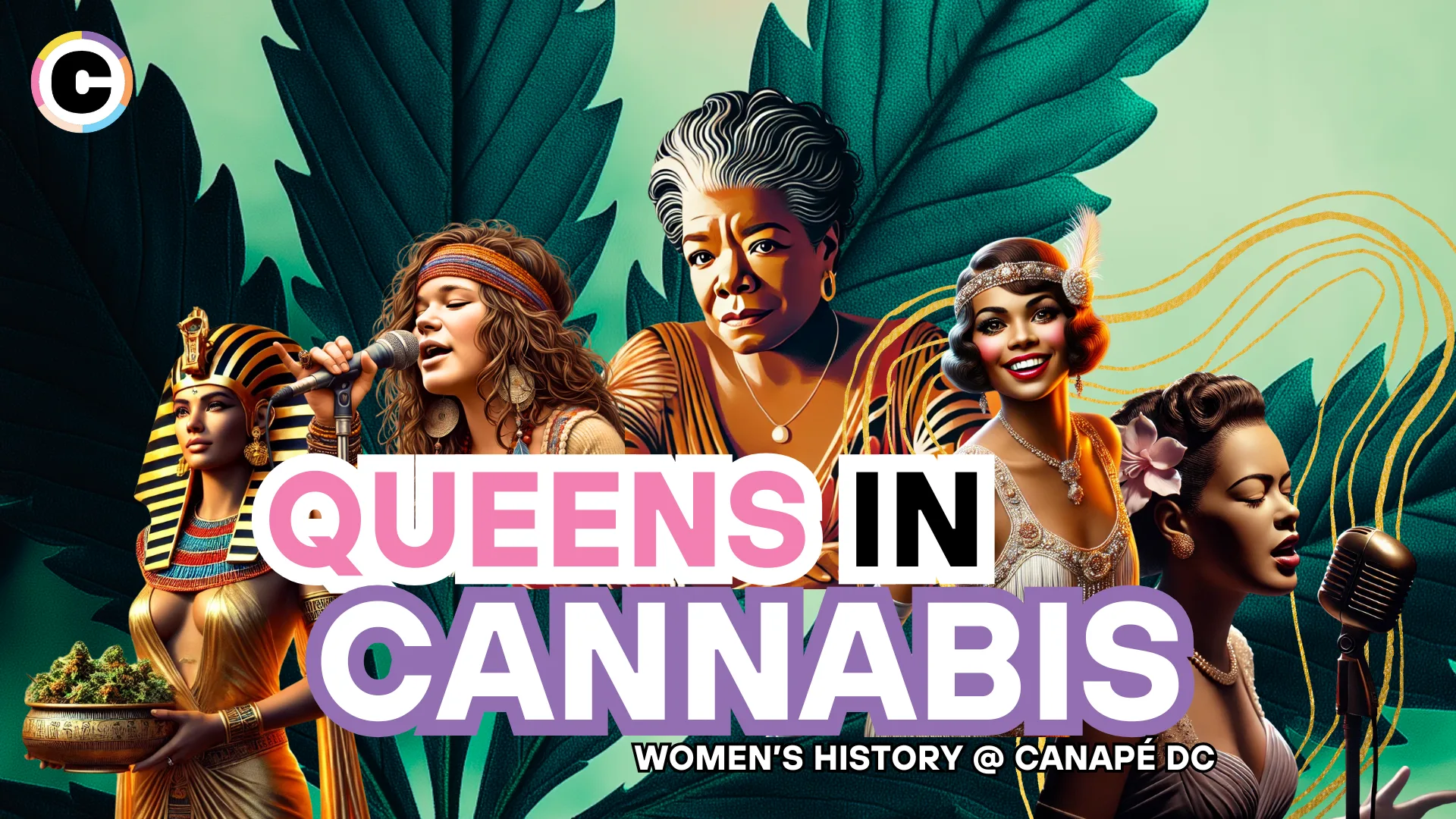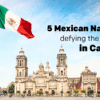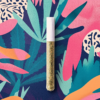Your Cart
No products in the cart.
There is a $50 minimum for delivery orders.
No products in the cart.
There is a $50 minimum for delivery orders.
Women, Cannabis, and History: A Legacy of Power and Healing
Did you know that some of the most powerful women in history—from queens to revolutionaries—were also early advocates of herbal medicine, including cannabis? From ancient priestesses using sacred herbs to modern-day entrepreneurs breaking stigmas, women have been at the forefront of healing, culture, and activism.
As we celebrate Women’s History Month at Canapé DC, let’s take a journey through time and honor the legendary women who shaped cannabis culture. Get ready for fascinating facts, trailblazing stories, and a whole lot of inspiration.
Ancient Queens and Goddesses Who Used Herbal Medicine
It started in ancient times, when powerful women harnessed the healing properties of plants, including cannabis, for wisdom, spirituality, and medicine. These queens, priestesses, and warriors understood the magic of herbs long before modern science caught up. Throughout history, powerful women have harnessed the healing properties of plants, including cannabis, for wisdom, spirituality, and medicine. Here are some of the legendary figures who paved the way:

Seshat – Seshat is an ancient Egyptian goddess associated with wisdom, writing, and knowledge. Often depicted with a seven-pointed emblem above her head, she was believed to assist pharaohs in recording their achievements and was linked to various forms of measurement and record-keeping. While direct evidence of her association with cannabis is speculative, her emblem has been interpreted by some as symbolizing a plant, possibly cannabis.

Queen Hatshepsut –one of Egypt’s most influential pharaohs, was born around 1507 BCE in Thebes. As the daughter of Pharaoh Thutmose I and Queen Ahmose, she was educated in governance, religion, and medicine. Rising to power in 1479 BCE, she expanded Egypt’s trade routes, bringing in exotic goods, including plants and herbs believed to have medicinal properties. Some historians suggest that cannabis may have been among these imports, used in temple rituals and healing practices. Her reign was marked by peace, prosperity, and advancements in herbal medicine.
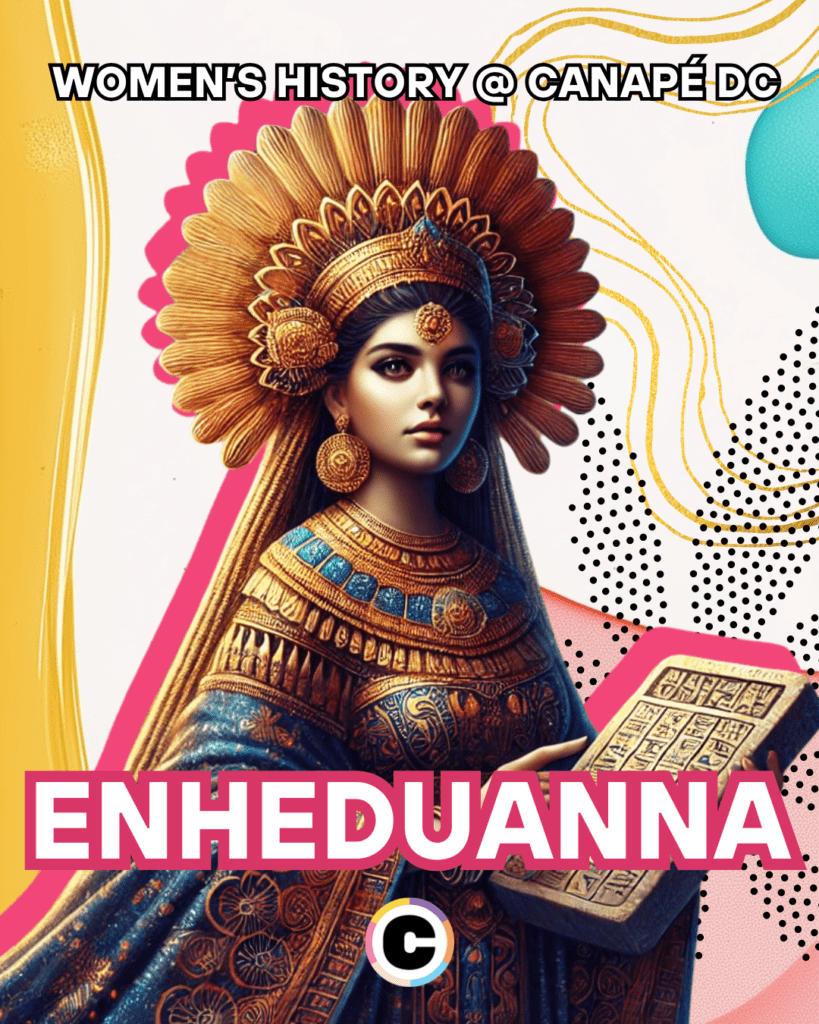
Enheduanna – Enheduanna, the daughter of King Sargon of Akkad, was born around 2285 BCE in the Sumerian city of Ur (modern-day Iraq). As the high priestess of the moon god Nanna, she wielded immense political and religious influence, becoming the world’s first recorded author. Her hymns and poetry frequently referenced sacred herbs and incense used in rituals, suggesting an early understanding of plant medicine. Her works, which have survived for thousands of years, provide valuable insight into the spiritual and medicinal practices of ancient Mesopotamia.
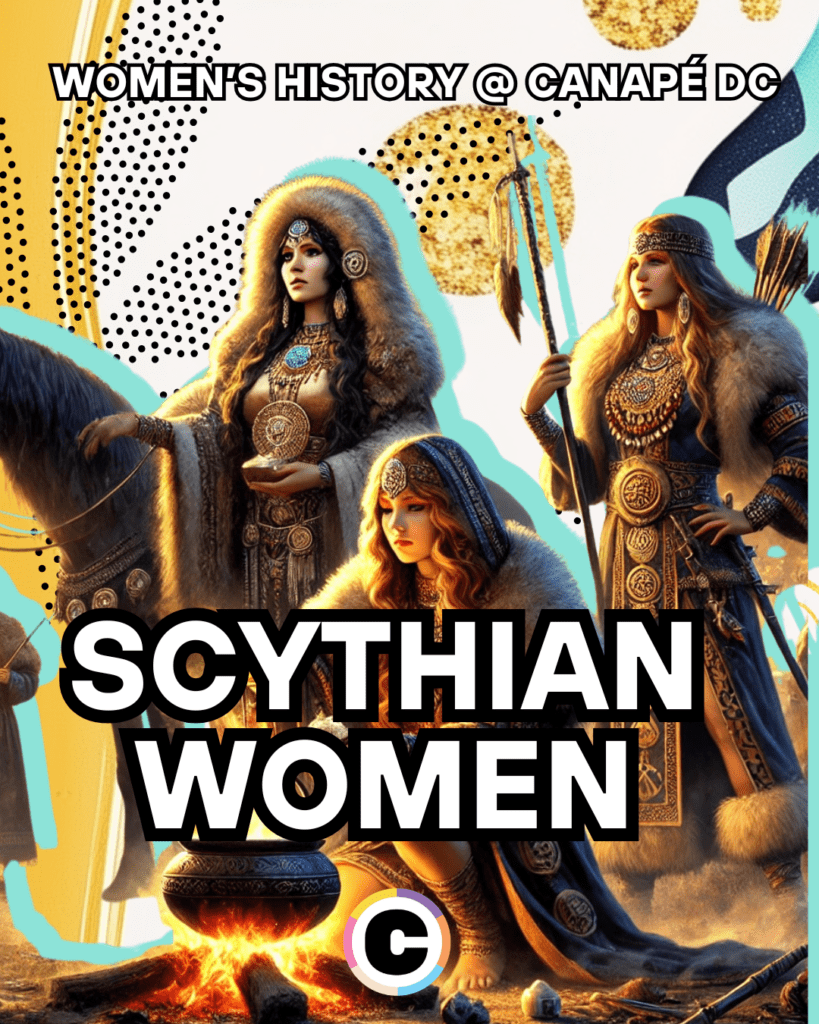
Scythian Women – Fierce nomadic warriors from the Eurasian steppes, lived between the 6th and 3rd centuries BCE and played significant roles in battle and spiritual ceremonies. They were known for their equestrian skills, combat prowess, and use of herbal medicine. Greek historian Herodotus documented their ritualistic use of cannabis, describing how they placed the plant on hot stones to create a vapor bath, which they inhaled for spiritual and healing purposes. These women defied traditional gender roles and were among the earliest documented users of cannabis for ceremonial and medicinal use.
20th-Century Women Advocating for Cannabis
The legacy continued with advocacy, as women in the early 20th century took up the fight to challenge stigmas and reshape cannabis culture. From artists to activists, these bold women embraced the plant and influenced social movements. It started in ancient times, with queens, priestesses, and healers harnessing the power of cannabis. But as history moved forward, women continued to stand up for the plant, challenging stigmas and shaping culture. The fight for cannabis acceptance isn’t new—many iconic women of the early 20th century embraced the plant and influenced social movements. The fight for cannabis acceptance isn’t new—many iconic women of the early 20th century challenged stigmas, embraced the plant, and influenced cultural shifts
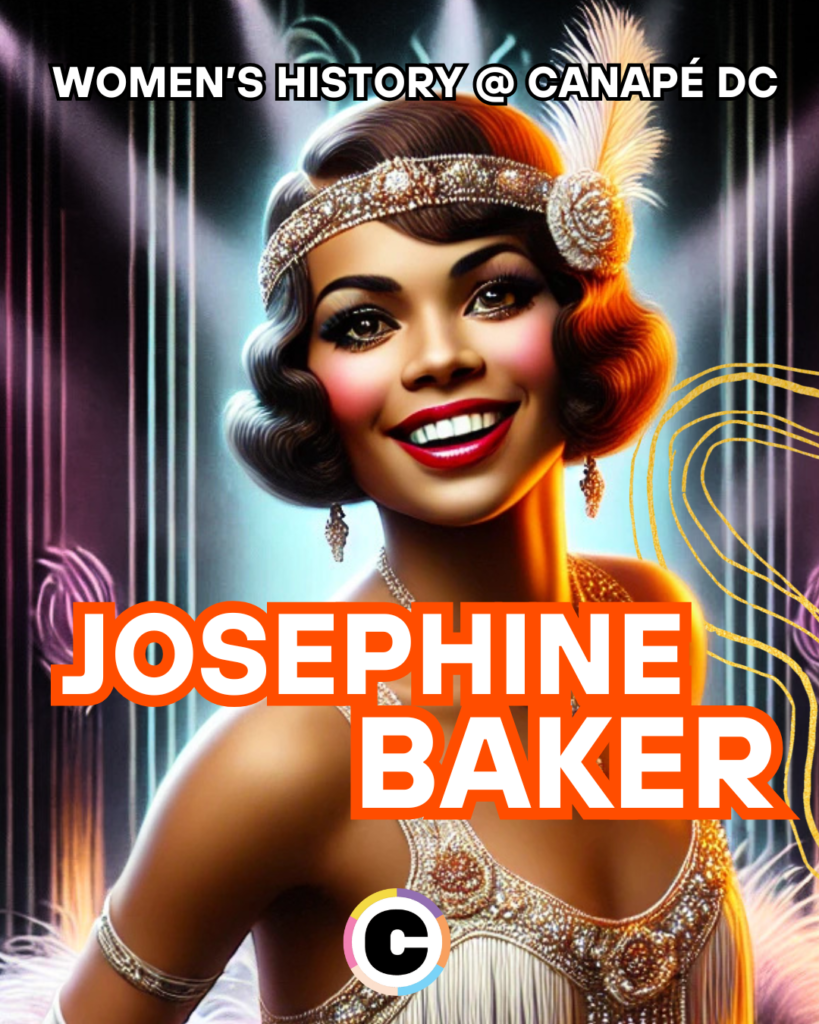
Josephine Baker –Josephine Baker was born Freda Josephine McDonald on June 3, 1906, in St. Louis, Missouri. Raised in poverty, she began working as a performer at a young age, eventually moving to France, where she found international fame in the 1920s. She broke racial barriers as an entertainer, became a spy for the French Resistance during World War II, and actively supported the Civil Rights Movement. Known for her bold personality and unconventional lifestyle, Baker embraced cannabis as part of the artistic and social circles she moved in, contributing to its presence in creative and activist spaces.
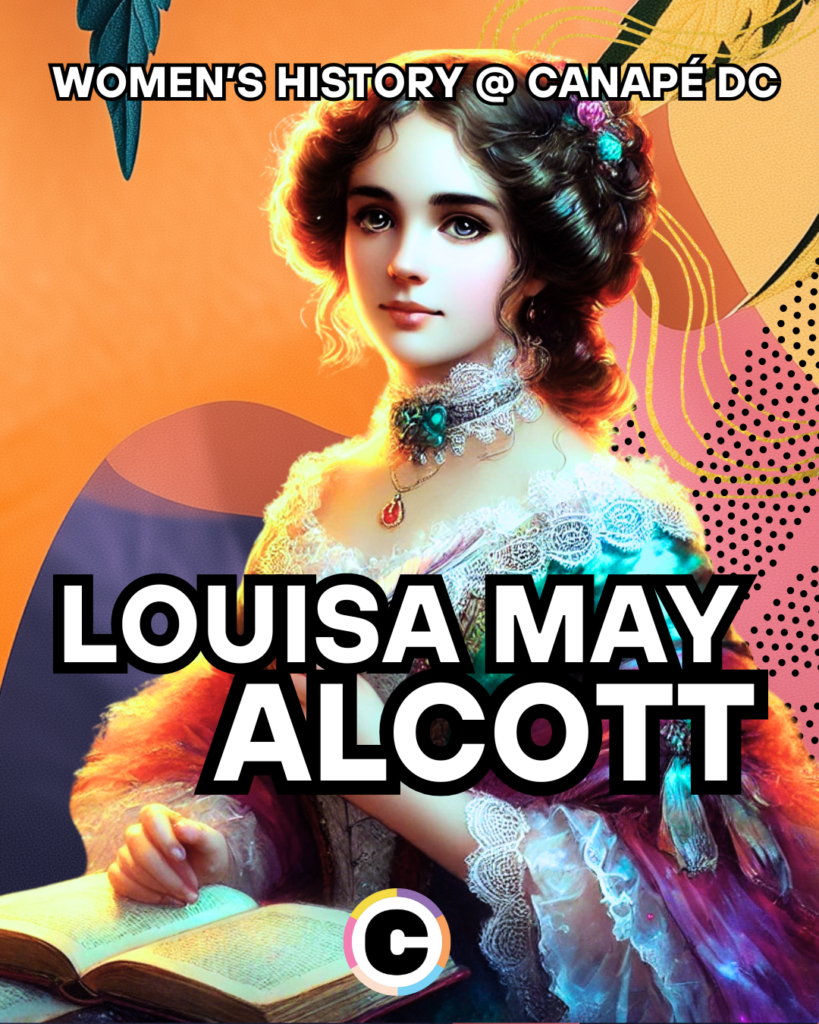
Louisa May Alcott – Louisa May Alcott was born on November 29, 1832, in Germantown, Pennsylvania, into a progressive family that valued education, feminism, and abolitionism. Her father, a transcendentalist philosopher, introduced her to literary and social reform movements at a young age. While she gained literary fame with Little Women, her lesser-known works suggest she experimented with cannabis. In her short story Perilous Play, she described characters using hashish, hinting at 19th-century curiosity about altered consciousness and creative exploration.
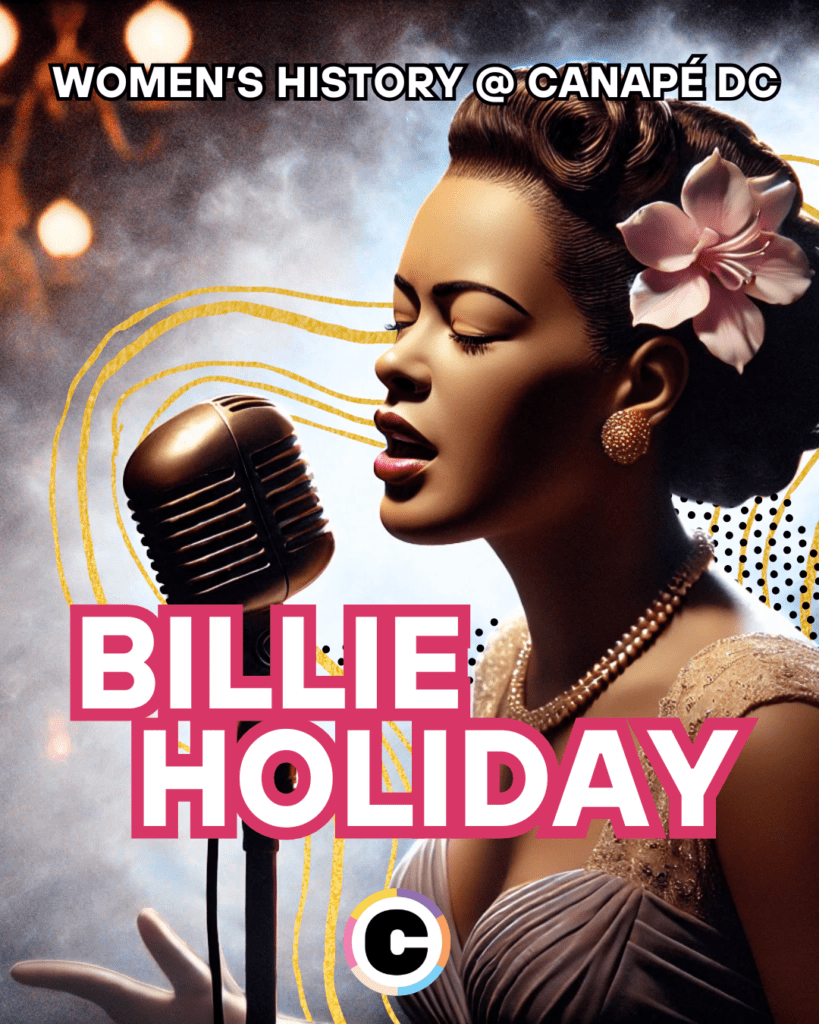
Billie Holiday – Billie Holiday was born Eleanora Fagan on April 7, 1915, in Philadelphia, Pennsylvania, and raised in Baltimore, Maryland. She had a difficult childhood, often struggling with poverty and racial discrimination. Singing in Harlem nightclubs as a teenager, she eventually rose to fame as a jazz legend, becoming known for her deeply emotional performances. Her song Strange Fruit, which protested racial violence, cemented her as a cultural icon. However, her career was plagued by legal troubles, including arrests for drug possession. Holiday’s cannabis use was part of the broader jazz culture of the time, which embraced the plant for relaxation and creativity.
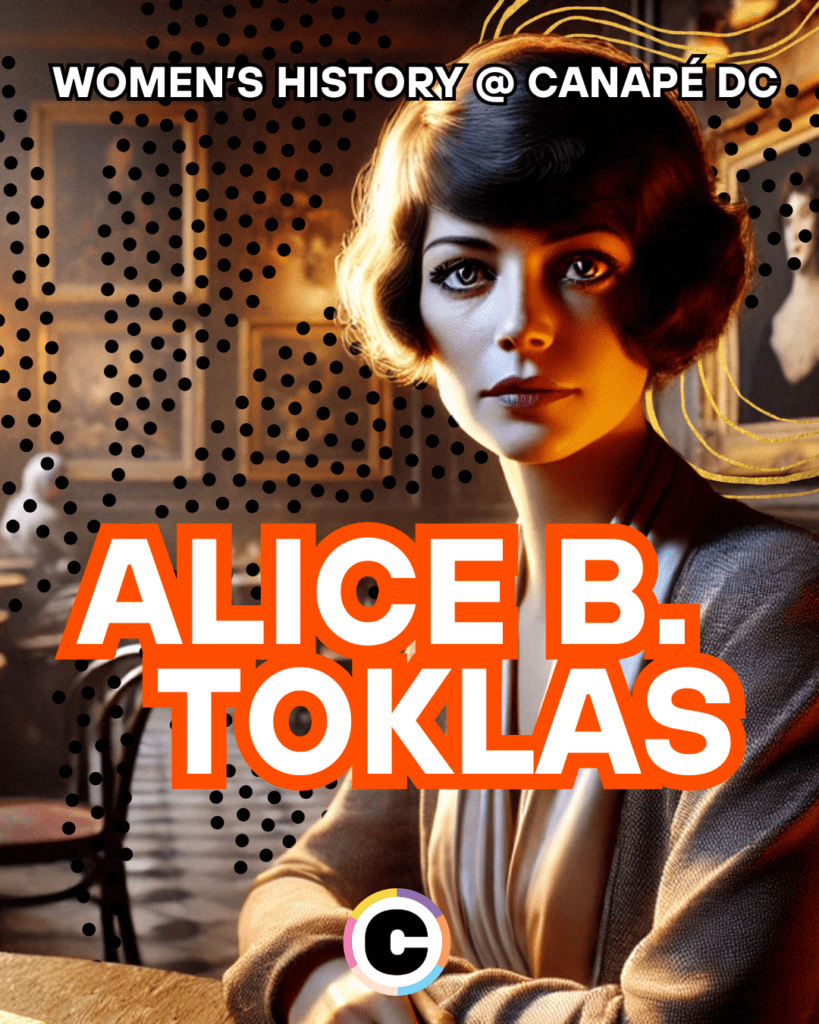
Alice B. Toklas – Alice B. Toklas was born on April 30, 1877, in San Francisco, California. After moving to Paris in 1907, she became the lifelong partner of writer Gertrude Stein, and together they hosted a salon that attracted artists like Pablo Picasso and Ernest Hemingway. Though not a writer herself, Toklas gained fame after publishing The Alice B. Toklas Cookbook, which included a recipe for hashish fudge. The recipe, initially published without her full knowledge, made her an unexpected cannabis icon and introduced the concept of edibles to a broader audience.
These women pushed boundaries in art, activism, and cannabis culture
Artists, Writers, and Musicians Who Found Inspiration in Cannabis
The continuation became clear proof that cannabis is a powerful medicine, a creative muse, and a tool for expanding the mind. Many of the most influential women in art, literature, and music have embraced its effects, pushing boundaries and redefining culture. Creativity and cannabis have often gone hand in hand, influencing some of the most impactful female artists of all time.
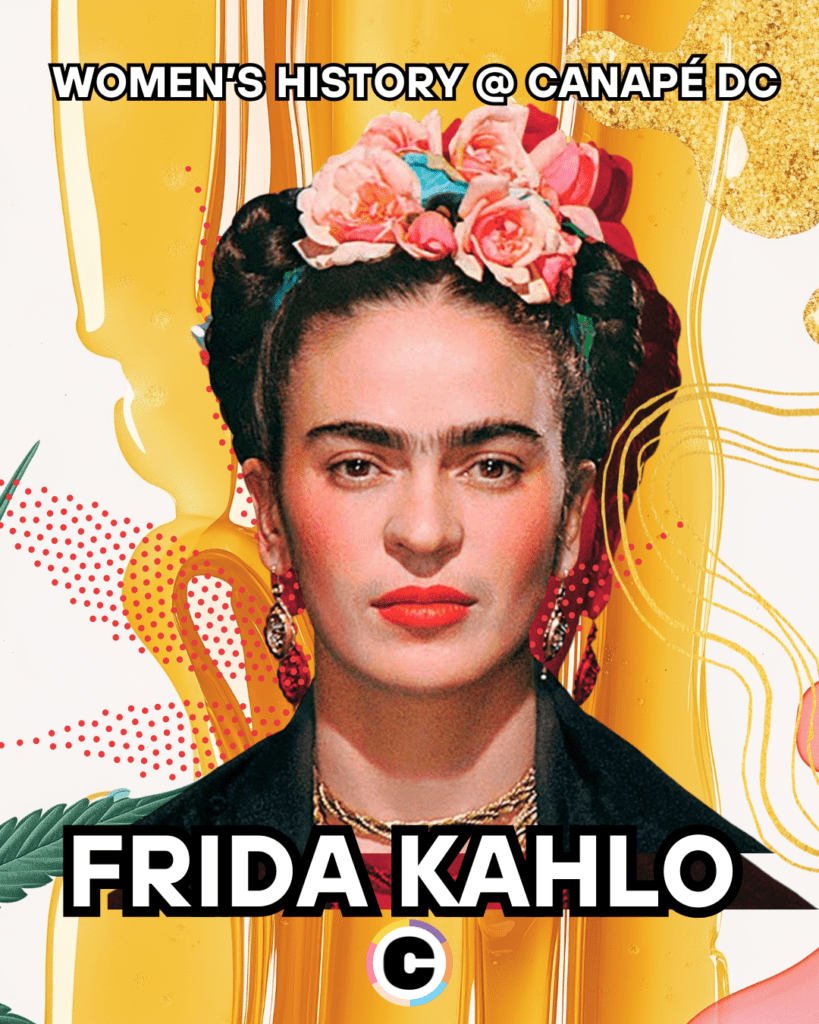
Frida Kahlo – The iconic painter Frida Kahlo was born on July 6, 1907, in Coyoacán, Mexico. A childhood battle with polio and a near-fatal bus accident left her with chronic pain, which influenced her deeply personal and surrealist paintings. While there is no definitive proof that she used cannabis, many speculate that she turned to it for pain relief, alongside other remedies. Her bold personality, artistic legacy, and defiance of societal norms made her a feminist and LGBTQ+ icon, as well as an inspiration for those exploring altered states of consciousness through art.
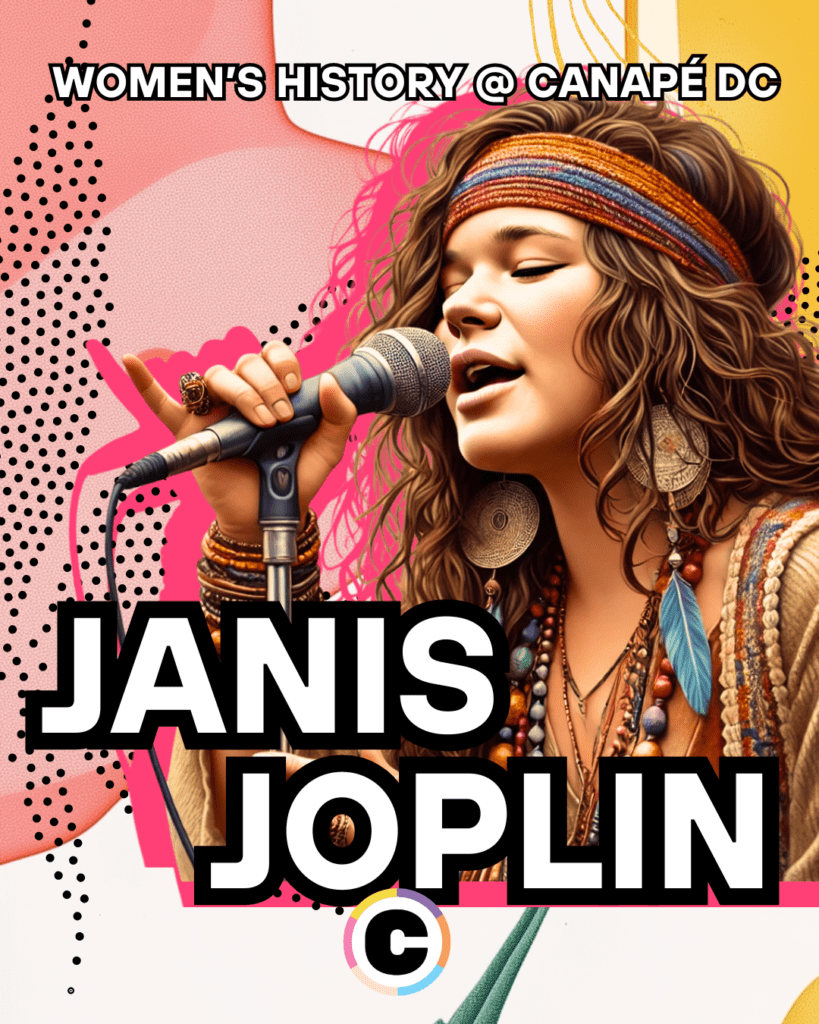
Janis Joplin – The free-spirited rock star embraced cannabis as part of her countercultural lifestyle; Janis Joplin was born on January 19, 1943, in Port Arthur, Texas, and grew up feeling like an outsider in her conservative hometown. Embracing the countercultural movement of the 1960s, she moved to San Francisco and became the lead singer of Big Brother and the Holding Company before launching a successful solo career. Her powerful voice and rebellious spirit made her one of rock’s most influential female artists. She was open about her drug use, including cannabis, which was an integral part of the psychedelic and musical revolution of the era.
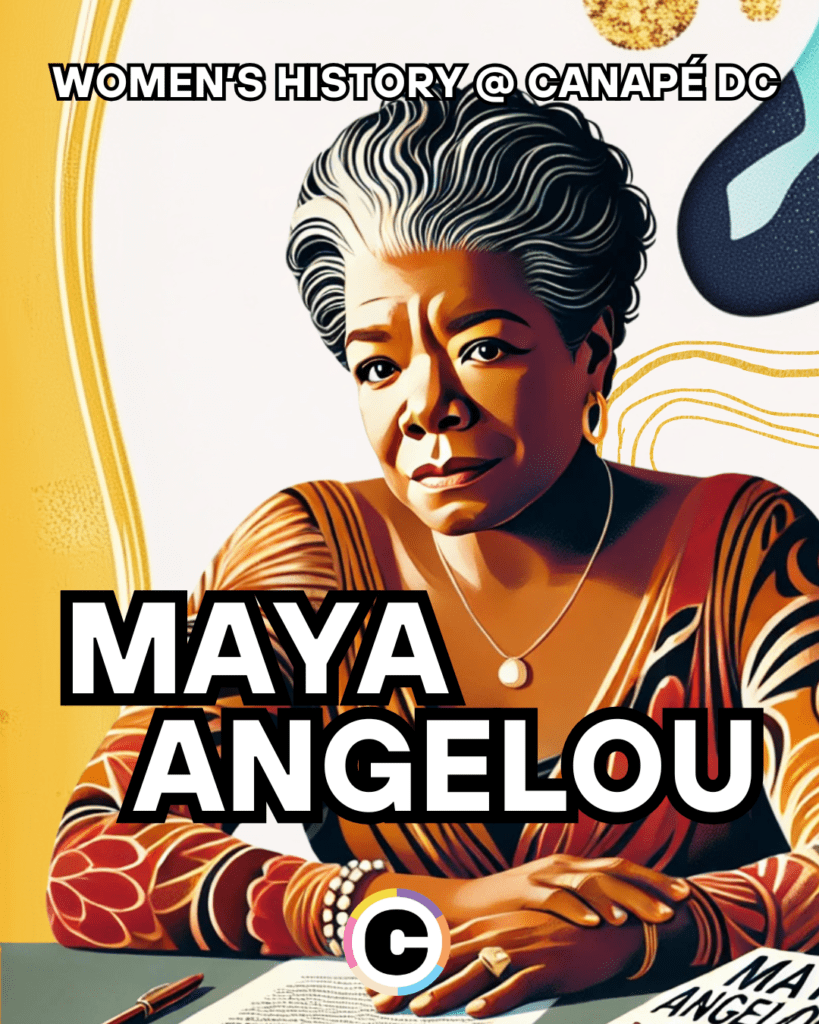
Maya Angelou – The celebrated author reflected on her experiences with cannabis in Gather Together in My Name, Maya Angelou, born Marguerite Ann Johnson on April 4, 1928, in St. Louis, Missouri. A poet, author, and activist, she overcame a traumatic childhood to become one of the most celebrated voices in American literature. She detailed her experiences with cannabis in her memoir Gather Together in My Name, describing how it enhanced her enjoyment of life and creativity. Angelou’s work addressed themes of racism, identity, and resilience, making her an enduring cultural figure.
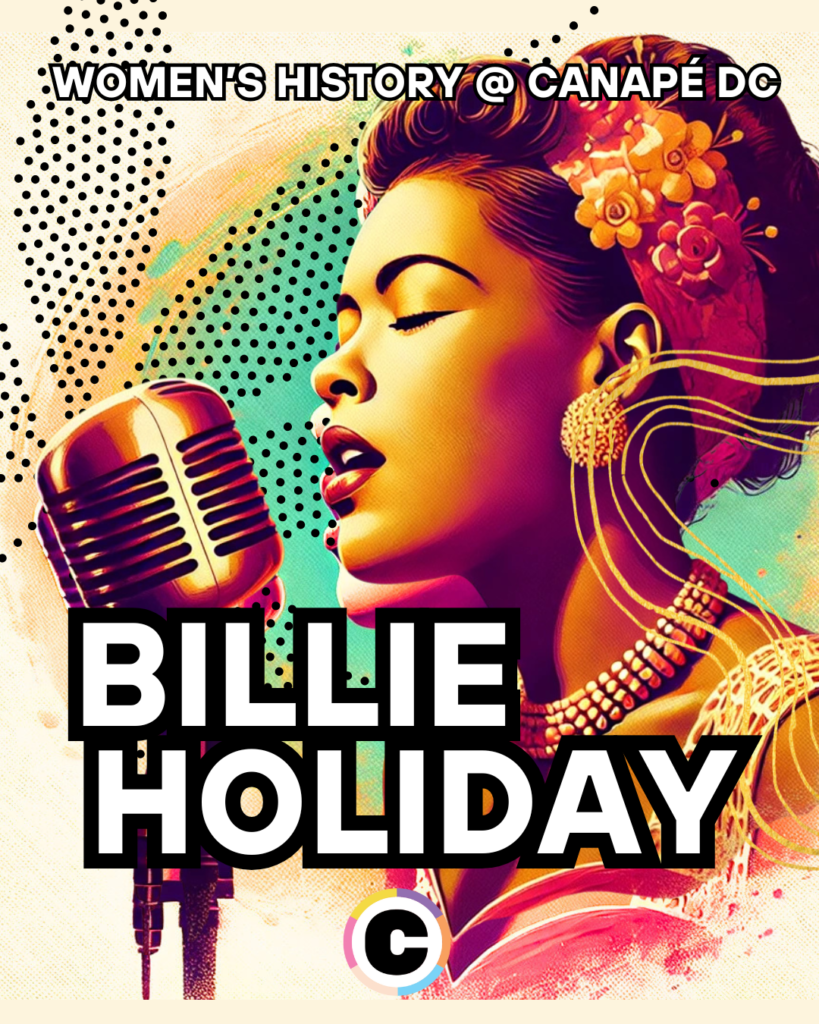
Billie Holiday – Billie Holiday was born Eleanora Fagan on April 7, 1915, in Philadelphia, Pennsylvania, and raised in Baltimore, Maryland. She had a difficult childhood, often struggling with poverty and racial discrimination. Singing in Harlem nightclubs as a teenager, she eventually rose to fame as a jazz legend, becoming known for her deeply emotional performances. Her song Strange Fruit, which protested racial violence, cemented her as a cultural icon. However, her career was plagued by legal troubles, including arrests for drug possession. Holiday’s cannabis use was part of the broader jazz culture of the time, which embraced the plant for relaxation and creativity.
At Canapé DC, we celebrate the women who reshaped culture, defied norms, and expanded their minds.
Modern Women Breaking Stigmas Around Cannabis & Wellness
And it is clear today that women play a prominent role in advocacy, business, and wellness. From industry leaders to medical pioneers, women are shaping the future of cannabis like never before. Today, women continue to lead the charge in cannabis advocacy, business, and wellness. Here are some modern pioneers challenging the status quo:

Whoopi Goldberg – A cannabis entrepreneur advocating for its benefits in women’s health. Whoopi was born Caryn Elaine Johnson on November 13, 1955, in New York City. She rose to fame in the 1980s as a comedian and actress, becoming one of the few entertainers to achieve EGOT status (Emmy, Grammy, Oscar, and Tony Awards). Later in life, she became an outspoken cannabis advocate, co-founding a company focused on cannabis products for menstrual pain relief. Her work has helped to normalize cannabis use, particularly in women’s health.

Chelsea Leyland – A DJ and epilepsy advocate who uses cannabis for medical treatment, born in London, England, in 1987 and became known as an international DJ and fashion influencer. However, her journey took a personal turn when she was diagnosed with epilepsy. She became an outspoken advocate for medical cannabis after finding relief through CBD treatment. She directed a documentary highlighting the need for cannabis legalization for epilepsy patients, using her platform to push for medical access and awareness.
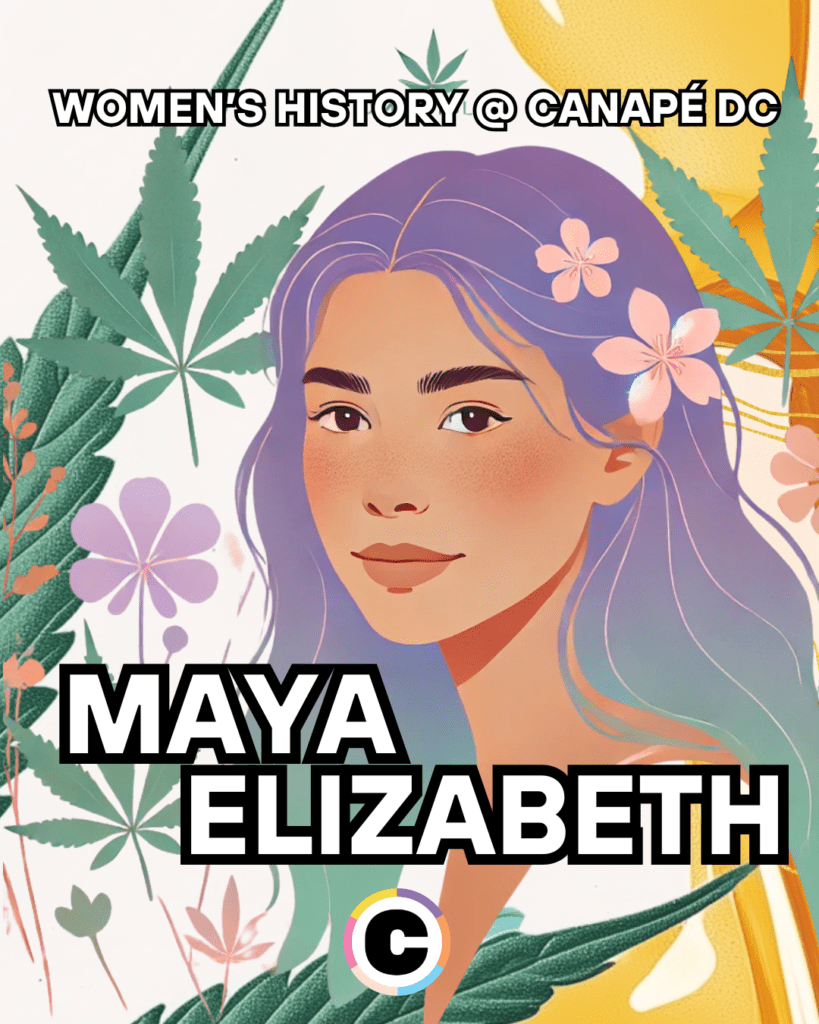
Maya Elisabeth – Founder of Om Edibles, a pioneering cannabis wellness brand. Though her exact birth details are unknown, she emerged as a leader in the cannabis industry in the early 2000s. She has won multiple Cannabis Cup awards and is known for developing high-quality edibles and topicals. Her work has helped shape the perception of cannabis as a holistic and wellness-focused product, particularly for women’s health.
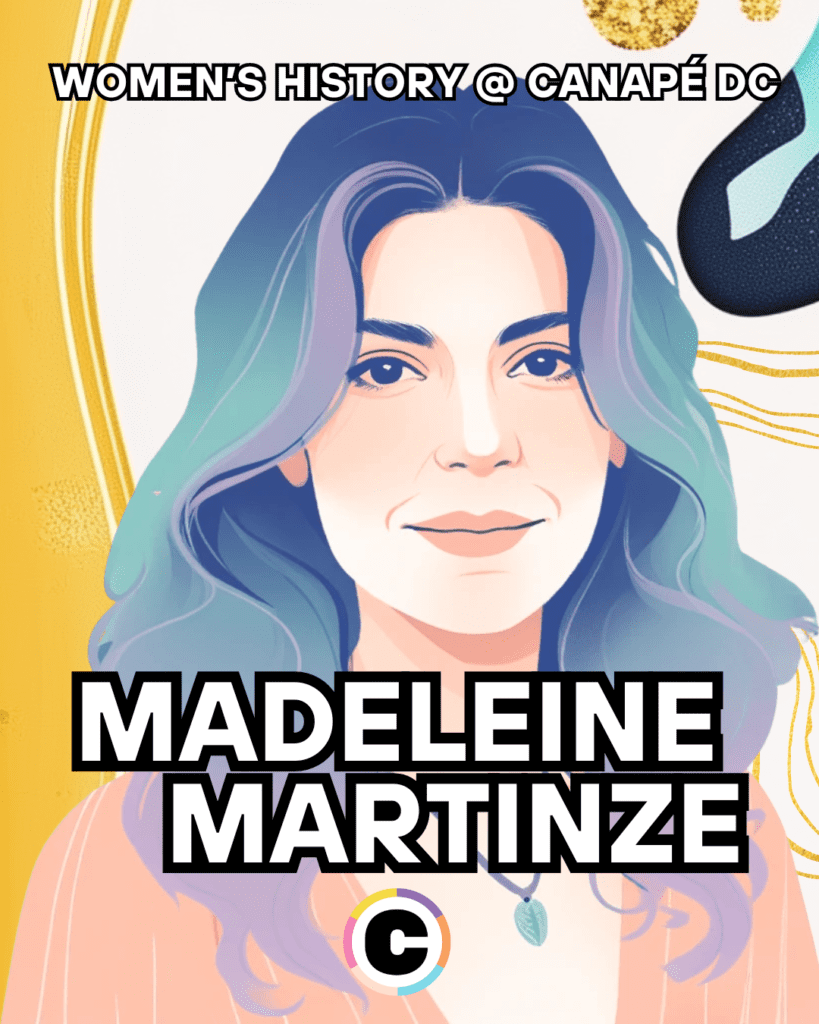
Madeline Martinez has been a longtime cannabis advocate, particularly in the realm of social cannabis consumption. She played a key role in establishing Oregon’s first cannabis café, providing a legal and safe space for public cannabis use. As a former corrections officer, she has worked to change policies surrounding cannabis criminalization and advocate for justice in cannabis laws. Her activism has helped push for greater acceptance and normalization of cannabis use in social settings.
Each of these women has contributed to cannabis culture in unique and powerful ways, from ancient herbalists to modern-day entrepreneurs. Their stories remind us that women have always played a central role in the history of cannabis—and the movement is only growing stronger.
Final Thoughts
From ancient pharaohs harnessing herbal wisdom to Maya Angelou finding poetic inspiration, from Frida Kahlo painting through pain to Billie Holiday singing through struggle—women have been at the forefront of cannabis culture, proving its power time and time again. Their stories are not just history; they are a call to action, a testament to resilience, and a reminder that the fight for healing, creativity, and justice continues.
As we honor Women’s History Month, let’s celebrate the trailblazing women who have shaped cannabis culture, broken barriers, and paved the way for a brighter, more inclusive future. From advocates to entrepreneurs, their impact is undeniable. Who inspires you the most? Follow us on Instagram and X, drop a name, share a story, tag CanapeDC and let’s keep the conversation rolling!

